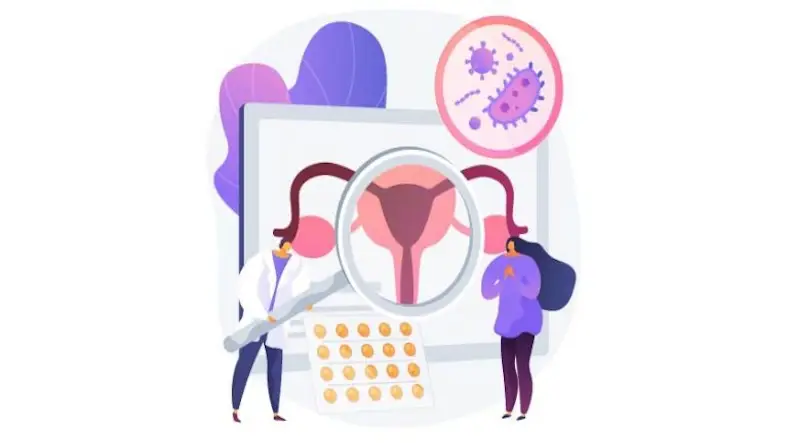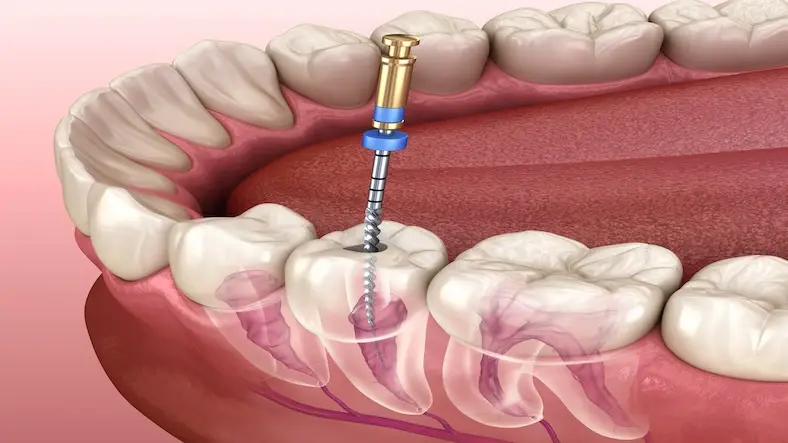Polycystic ovary syndrome (PCOS) and polycystic ovary disorder (PCOD) are chronic conditions that do not have a cure. However, lifestyle changes and medical interventions can help manage symptoms and improve overall quality of life.
Here are some strategies to promote a better lifestyle with PCOS/PCOD:
- Dietary Modifications:
- Balanced Diet: Adopt a balanced diet rich in fruits, vegetables, whole grains, lean proteins and healthy fats. Limit intake of processed foods, sugary snacks and refined carbohydrates, as these can exacerbate insulin resistance and weight gain.
- Low Glycemic Index Foods: Choose foods with a low glycemic index (GI) to help stabilize blood sugar levels and reduce insulin resistance. Examples include whole grains, legumes, nuts and non-starchy vegetables.
- Regular Meals: Eat regular, well-balanced meals and snacks throughout the day to help maintain steady blood sugar levels and prevent overeating.
- Regular Exercise:
- Engage in regular physical activity, such as brisk walking, jogging, cycling, swimming, or strength training. Aim for at least 150 minutes of moderate-intensity exercise per week to help improve insulin sensitivity, manage weight and reduce symptoms of PCOS/PCOD.
- Incorporate a variety of exercises to keep workouts interesting and prevent boredom. Find activities you enjoy and make exercise a regular part of your routine.
- Weight Management:
- Achieve and maintain a healthy weight through a combination of diet, exercise and lifestyle modifications. Even modest weight loss can improve symptoms of PCOS/PCOD, such as irregular menstrual cycles, insulin resistance and fertility issues.
- Set realistic goals for weight loss and focus on making sustainable lifestyle changes rather than drastic or restrictive diets.
- Stress Management:
- Practice stress-reduction techniques such as deep breathing exercises, meditation, yoga, tai chi, or mindfulness meditation. Chronic stress can exacerbate symptoms of PCOS/PCOD and contribute to hormonal imbalances.
- Prioritize self-care activities and find healthy ways to relax and unwind, such as spending time with loved ones, engaging in hobbies, or taking time for yourself.
- Medical Interventions:
- Work closely with your healthcare provider to develop a comprehensive treatment plan that addresses your individual symptoms and health needs.
- Depending on your specific symptoms and goals, your healthcare provider may recommend medications such as birth control pills, anti-androgen medications, or insulin-sensitizing agents to help manage symptoms of PCOS/PCOD.
- In some cases, fertility medications or assisted reproductive technologies may be used to help women with PCOS/PCOD conceive.
- Regular Monitoring:
- Stay proactive about your health by attending regular check-ups with your healthcare provider. Monitor your symptoms, track your menstrual cycles and report any changes or concerns to your healthcare team.
- Keep track of your progress with lifestyle changes and adjust your approach as needed to optimize your health and well-being.
It's important to remember that managing PCOS/PCOD is a journey and it may require ongoing effort and commitment to maintain a healthy lifestyle. By making positive lifestyle changes and working closely with your healthcare team, you can improve your quality of life and reduce the impact of PCOS/PCOD on your overall health and well-being.
Thanks for reading the article, for more lifestyle related articles read our peoples blog articles.















